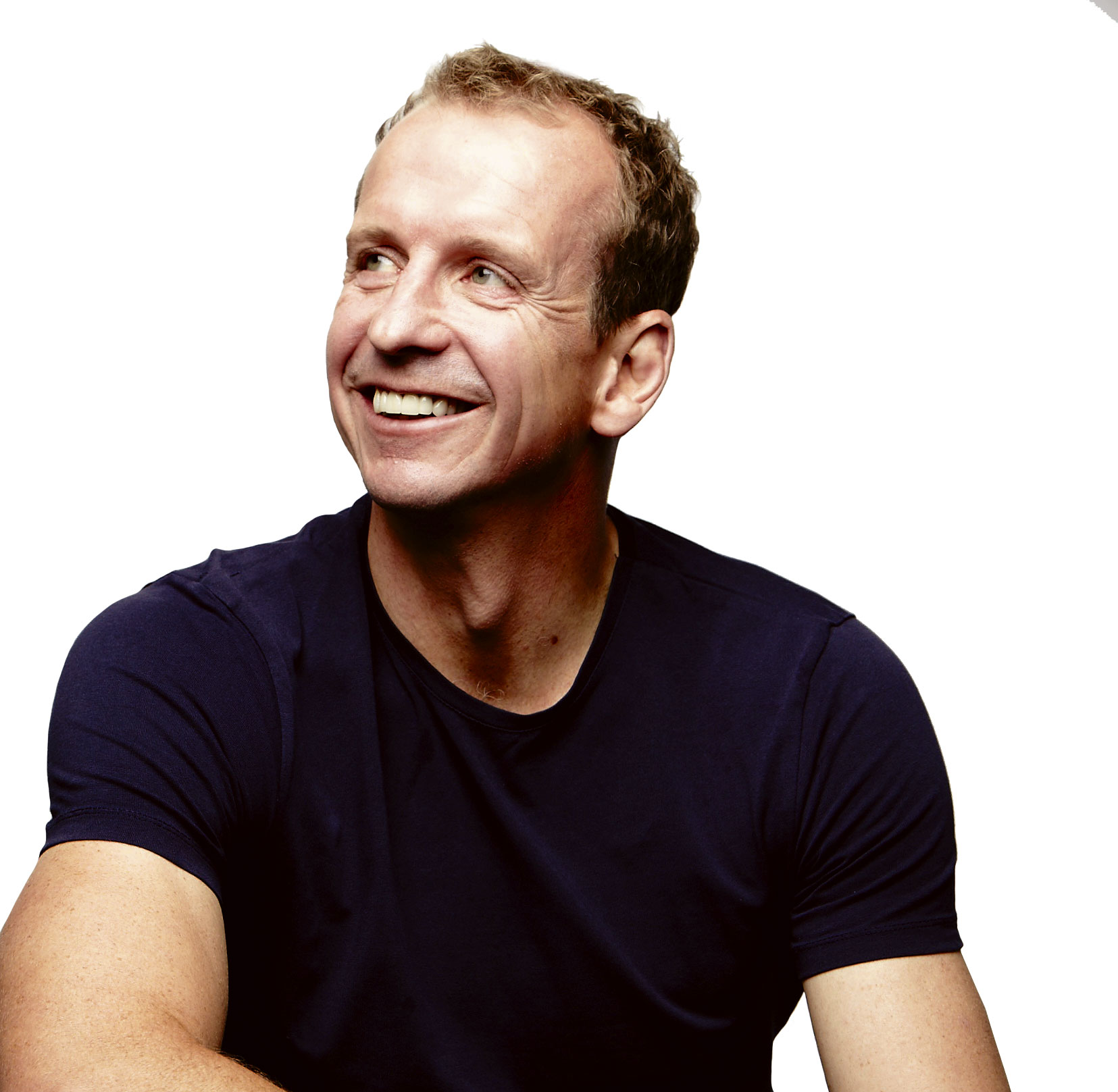While triathlon is an endurance sport requiring high values of maximal (VO2max) and sub-maximal (lactate/anaerobic threshold, LT/AT) aerobic fitness, it’s often assumed that triathlete’s possess lower values to those of single-discipline athletes.
But in contrast to this believed wisdom, research has demonstrated that triathletes (particularly at the elite end of the spectrum) possess similar maximal and submaximal values to those of single-sport athletes.
Should triathletes train with single-sport athletes?
Accordingly, despite the division of training to accommodate three disciplines, triathletes obtain similar maximal and sub-maximal physiological indices of performance as single-sport athletes. To that end, from a physiological perspective, it makes sense that triathletes can, and should, train with single-sport athletes.
Furthermore, single-sport squad training offers a number of training benefits that will enhance overall quality of training for triathletes. Training with single-sport athletes who are superior in their chosen discipline, for example, provides a significant technical and tactical advantage over training alone.
Importantly, a squad environment – whether a tri or single-sport one – also keeps you honest in training. This quality-control mechanism ensures that you deliver to target during every training session, rather than dictating training quality based on your own bias.
The drawbacks of training alone
Training alone can all too often make it much easier to work too hard or take it easy irrespective of the target of the session; a problem that’s far less likely to occur in a squad setting. In addition to enhanced training quality, the social interaction and support provided by squad training is invaluable, particularly during the long, dark, cold, wet winter months.
In my opinion, it’s actually the social support of squad membership that is fundamental to high-quality training and should be at the top of the agenda for all triathletes. So, why is it that so many triathletes train alone?
There are several reasons, but one of the most common is time constraints and the fixed timings of squad sessions. But, given the above importance of squad training, a triathlete’s training programme should be designed in such a way as to accommodate as many squad sessions as possible.
How often should you train with a squad?
There’s no requirement for all sessions to be linked to squads, of course, and, given the different demands of triathlon, it would be sub-optimal to undertake all sessions with a single-sport squad.
For example, the importance of brick sessions in simulating the transition from one discipline to the next is central to a triathlete’s programme but unlikely to be provided by a single-sport squad.
But there’s no doubt that adding some squad sessions – and ideally a mix of triathlon and single-sport ones – to your programme, particularly during the winter, will have a profoundly positive impact on your training.
While the physiological, technical and tactical benefits are clear to see, in my opinion, it’s the social importance of squad sessions that will provide the greatest boost to your training.
Nothing great is ever achieved alone and nothing good comes easy. To that end, make finding squad training a priority this winter. Quality training is hard and can be miserable at times, but, as the saying goes, a misery shared is a misery halved!
Top image credit: Getty Images
